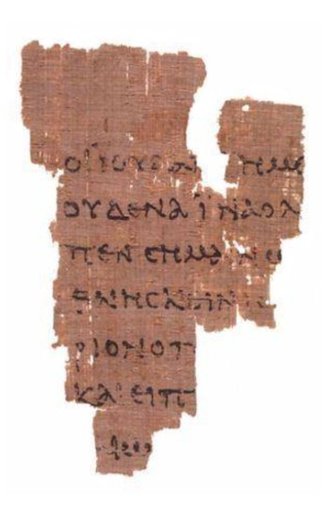“Let him without sin cast the first stone.” It’s one of the best — perhaps the best — punchlines in the whole of the Bible. “Now go and sin no more,” Jesus’ follow-up after the would-be stone-casters have all slunk off, comes as a bit of an anticlimax to the tale. Of all of his purported words and deeds, this is the one time when Jesus comes off as totally awesome, brilliantly navigating between Mosiac Law (Leviticus 20:10), which calls for the stoning of adulterers (where was her co-sinner, by the way?), and his own teaching of love and compassion.
[The impetus to write about this was the announcement that, on April 4, the Sultan of Brunei will be implementing the Sharia Law punishment of death by stoning for adultery and gay sex.]
The Pharisees, portrayed in the gospels as a nasty bunch of Jerry Falwell types (“AIDS is the wrath of a just God against homosexuals”), have trapped Jesus. This poor woman has been caught “in the very act” of adultery, and now they’re asking him why they shouldn’t go ahead and stone her, per Moses. His response is non-verbal: he continues to write in the sand “as though he heard them not.” Pushed to say something, he finally comes up with the zinger: “He that is without sin among you, let him first cast a stone at her.”
Set against all Jesus’ other good, bad and ugly (don’t get me started) deeds and sayings, this one stands out like a beacon. Even Mel Gibson, in his anti-Semitic The Passion of the Christ bloodfest, was moved to flashback to this incident. Skip the rest of the Bible with its God-ordained rapes, massacres and genocides; pass on the rest of New Testament (especially Paul’s misogyny); leave out the rest of the “red-letter” passages. (Many Bibles print Jesus’ “Dominical” words in red.) The story of the woman taken in adultery stands, perhaps, for what Christianity is supposed to be all about.
Too bad it never happened.

Papyrus fragment (3 ½ x 2 ½ inches), considered the earliest extant part of the New Testament, from John chapter 18. Dated, with much variation to around AD 135. (Public domain)
It’s recounted in John, the last of the four gospels, written some 60 years after the crucifixion. John (like Matthew, Mark and Luke) didn’t write it, of course; illiterate Aramaic-speaking peasants don’t write in erudite Greek. And none of the earliest (and best) copies we have of John (fragments go back to 135 AD) contain the story. It’s obviously a later interpolation, presumably what some copyist thought should have happened. According to Biblical scholar (and agnostic) Bart Ehrman, “…its writing style is very different from what we find in the rest of John (including the stories immediately before and after); and it includes a large number of words and phrases that are otherwise alien to the Gospel.”
You might also wonder why such a great tale didn’t make it into any of the other three gospels. Actually it did, briefly — an old copy of the 21st chapter of Luke includes it; other early copies of John locate it much later in this gospel. Not that this proves it didn’t happen per John chapter 8, just that the onus is on those who want the story to be true.
The “woman taken in adultery” story isn’t, of course, the only “debatable” part of the gospels. Even better known — and accepted as later additions by virtually all Biblical scholars — are the last 12 verses of Mark’s gospel. Mark’s original version ends abruptly with three women finding an empty sepulcher (empty, that is, other than “a young man…clothed in a long white garment” — i.e. an angel) and saying nothing about it “for they were afraid” (Mark 16:8). On the other hand, the 12-verse addendum takes care of the aftermath, culminating in Jesus going up to heaven and sitting down next to God. Obviously, this is pretty important — without the addition, there’s no resurrection, the major tenet of Christianity.
(It’s also important if you happen to be a Pentecostal Appalachian snake-handler: “…they will take up snakes in their hands; and if they drink any poison, it will not harm them…”) (Check here to see how that works out.)
I don’t have a dog in this race — I’d probably be an atheist if I knew exactly what it was I didn’t believe in — but I’m bummed that my “best of the bunch” Jesus stories turns out to be fake news. Is nothing sacred?
CLICK TO MANAGE